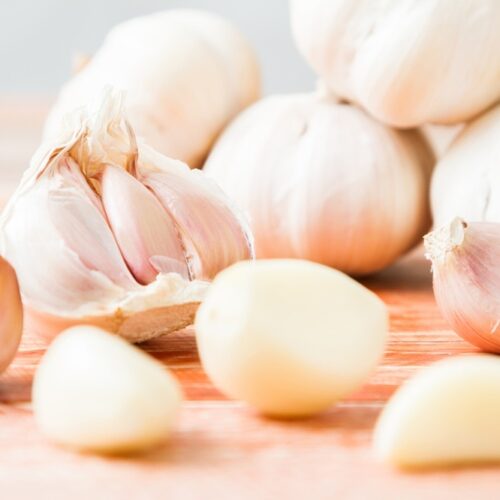
We can easily become confused with all the mixed messages about protein. So how much do we really need, and which are the best sources of protein?
How much do we need?
Individual protein requirements vary according to age, gender, activity levels and some medical conditions. While there is a minimum level of protein that our bodies need, the other factor to consider is that protein foods also contain a wide range of vitamins and minerals that we need to maintain good health.
The Ministry of Health recently reviewed the levels of all nutrients that we need and for protein they’ve come up with a range that is believed to promote long-term good health.
The reality is that most Kiwis get enough protein.
The acceptable range of protein intake is from 15-25% of energy (kilojoules) from protein foods; the National Nutrition Survey, done in 1997, tells us that for women over 15 years old the average intake was 16% energy from protein and for men it was 15% energy from protein. The usual daily intake for men in the survey was 105g and for women 71g; obviously this varied widely for individuals.
It shouldn’t be inferred from this that we need more protein, but if we do consume more protein than current norms it won’t be harmful. In general we are getting more than enough protein to meet the protein needs of our bodies, as well as consuming the additional protein required to enable us to get enough of all the other nutrients that we need that are delivered in protein foods.
The main sources of protein in New Zealanders’ diets, according to the National Nutrition Survey, are meat, poultry and fish (about 33%), cereals and other cereal-based foods (about 25%), and dairy foods (about 16%). You may be surprised that about 8% of protein in our diets comes from vegetables.
How much protein does food contain?
An ‘average’ person consuming 9,000kJ a day (read the nutrition information for different energy intakes) needs at least 81g protein – that’s 15% of energy from protein – each day.
You could be forgiven for thinking that if you buy a 120g steak then that’s 120g, or thereabouts, of protein. But no. Just like us, animal meats contain lots of water (even when cooked) and some fat (even the lean meats). This table gives you an idea of how much protein is actually in different foods.
- Scotch fillet steak, grilled (150g) = 43g protein
- Chicken breast, grilled (107g ) = 33g
- Tarakihi fillet, grilled (140g ) = 33g
- Low-fat milk, 1 glass (250ml) = 11g
- Poached eggs, 2 medium = 11g
- Cheese (40g ) = 10g
- Tofu (100g ) = 8g
- Legumes, cooked, 1/2 cup = 8g
- Yoghurt, 150g pottle = 7g
- Peanut butter, 2 flat tablespoons = 7g
- Cooked pasta, 1 cup = 7g
- Multigrain bread, 2 slices = 7g
- Cooked white rice, 1 cup = 3g
- Natural muesli, 1/4 cup = 3g
- Raw almonds, 12 = 3g
- Boiled potato (114g ) = 2g
Eggs – cracking the truth
Eggs are a popular and easy protein source in the Kiwi diet, but they’ve had a bad wrap over the years because they contain cholesterol.
More recent research has shown that for normal healthy people, even people with raised cholesterol levels, eggs are not likely to have any impact on your cholesterol level, as long as your overall diet is low in saturated fats.
Translation: don’t fry them in butter! And don’t eat other foods high in saturated fats because over time that might alter how your body metabolises cholesterol from things like eggs.
The current advice is that for most people eggs are part of a healthy diet, and 5-6 eggs a week is fine, assuming a diet low in saturated fat. For people with both high cholesterol and diabetes it’s advised that you limit yourself to 3 eggs a week.
Eggs also contain healthy monounsaturated fats and important antioxidants, vitamins and minerals.
www.healthyfood.com











